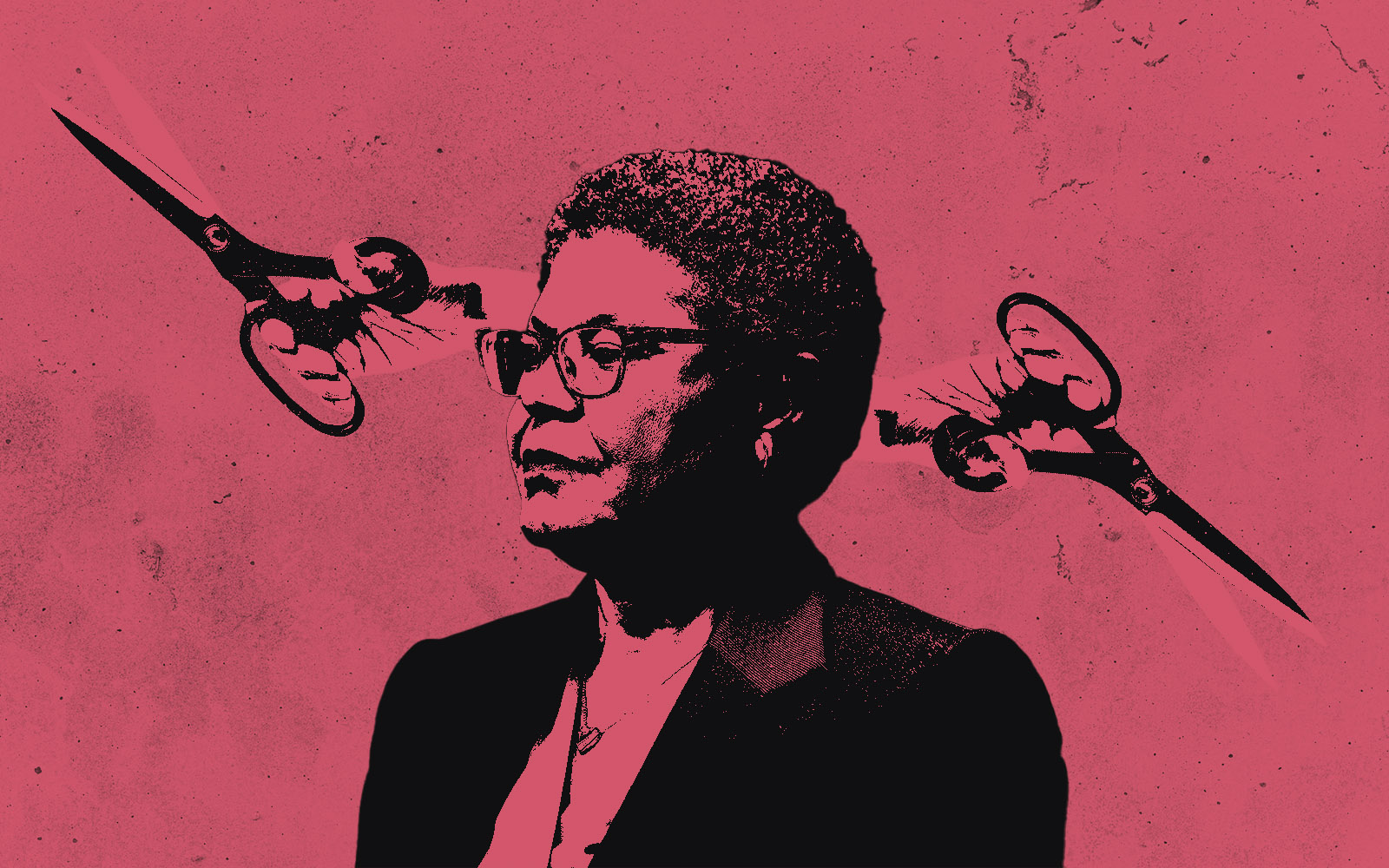A key member of the Los Angeles City Council has shed light on how backers of the Measure ULA property transfer tax deliberately pitched it as a soak-the-rich levy on luxury homes even though it was also aimed at commercial properties such as office buildings, shopping centers and industrial warehouses, the Chicago Tribune reported.
“It was marketed as a mansion tax, and that’s what made it easy for voters to get behind,” Los Angeles Councilwoman Nithya Raman, a leader of the elected body’s progressive bloc and a supporter of the measure, told the Tribune.
The comments came in the Tribune as Chicago wrestles with whether to follow L.A.’s lead with a similar “Bring Chicago Home” transfer tax that goes before a citywide vote in March.
And as the debate centers on how the Chicago measure would tax residential and commercial properties to fund homeless services there, a new spotlight has pointed to L.A.’s Measure ULA.
The L.A. measure hiked transfer taxes to 4.45 percent for all properties costing between $5 million and $10 million, and to 5.95 percent for properties worth more than $10 million.
Many advocates said their proposed “mansion tax” would only apply to millionaires and billionaires, and that most home sales would remain unaffected, while creating tens of thousands of new units of affordable housing.
Opponents included real estate agents, business groups and landlords, who said the tax would ultimately be passed on to renters in big apartment buildings and shoppers at large retail centers.
But what was supposed to be a funding river for affordable housing turned out to be a trickling stream that severely impacted the city’s residential and commercial real estate market.
“With not a lot of digging, you’ll find it has been a disaster for L.A. real estate,” Matthew Hargrove, CEO of the California Business Properties Association, told the Tribune. “This is a market, and markets react to taxes. They’re not coming anywhere near the promised numbers. That’s the problem with doing policy at the ballot box.”
Luxury home sales by Hollywood stars, recording artists and entertainment executives plunged after the new law took effect in April, leaving the city far short of its fundraising goals for the first six months.
Los Angeles officials had predicted the first year of the city’s higher transfer tax would rake in $672 million for homeless services, rental assistance, mental health care and new supportive housing. Proponents said it could bring in $900 million.
In October, housing officials acknowledged generating $100 million in its first six months.
In March, 126 Los Angeles homes or condos worth more than $5 million were sold, according to the multiple listing service. But in April, just two were sold.
“It definitely slowed down transactions,” Loretta Thompson, a Los Angeles-based real estate attorney with Withers, told the newspaper. “But for homes under $5 million, the market is vigorous and has not been affected.”
Activists, however, have no regrets about pushing the measure through.
“(Legislators) could have solved this five, 10, 20 years ago but didn’t, and voters wanted to see the problem dealt with,” said Jerry Jones, coordinator of the Greater LA Coalition on Homelessness. “It’s not the perfect public policy, but it ain’t bad.”
Some potential sellers could be hanging onto their luxury homes to see if several lawsuits overturn the tax hike, while others simply sell their homes for less than the $5 million cutoff, according to Sally Forster Jones, CEO of the Beverly Hills-based Sally Forster Jones Group.
“At $4.999 million there is not any additional transfer tax, but once it hits $5 million, there is, and it’s for the total amount,” she said. “It was not well thought through.”
— Dana Bartholomew
Read more



